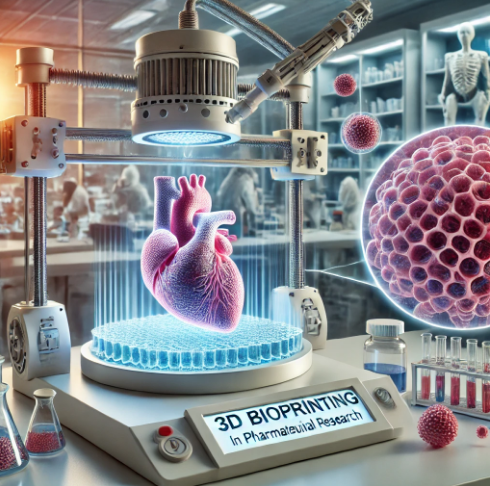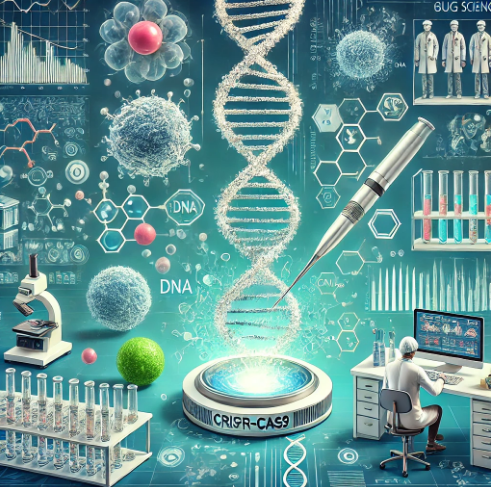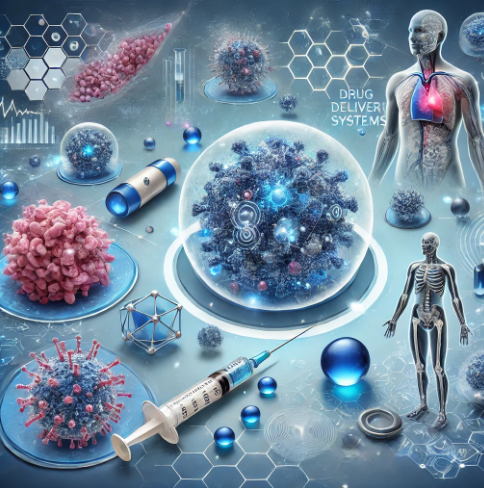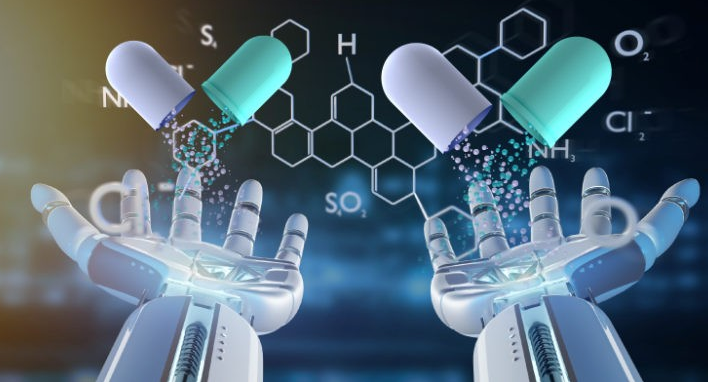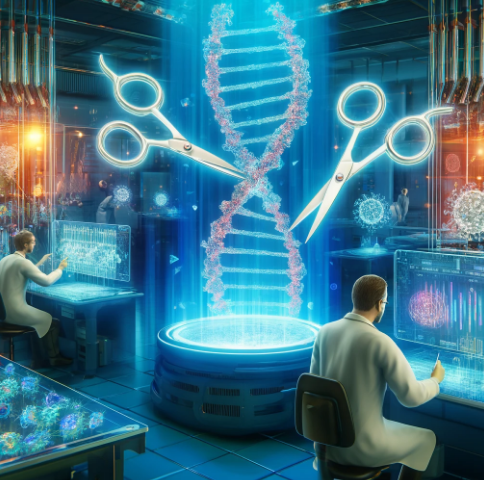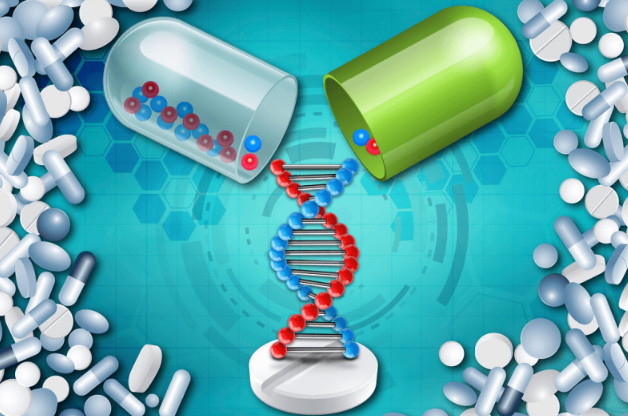3D Bioprinting in Pharmaceutical Research: A Revolution in Personalized Medicine
Introduction 3D bioprinting, a branch of additive manufacturing, is rapidly transforming the field of pharmaceutical research and regenerative medicine. Unlike traditional 3D printing, which uses plastics and metals to create objects, 3D bioprinting uses bio-inks made from living cells to print tissues and organs layer by layer. This revolutionary technology has the potential to address … Read more

